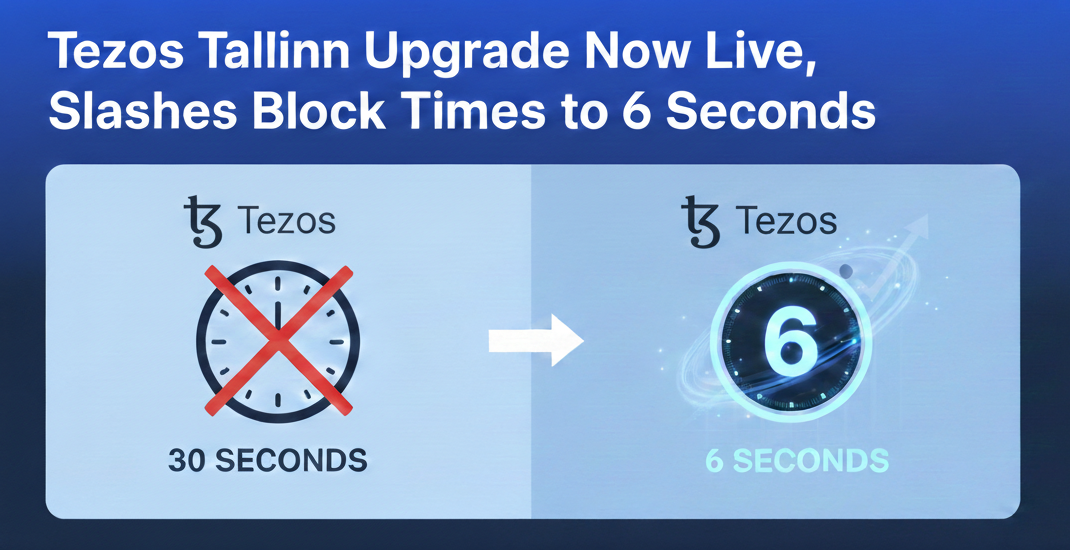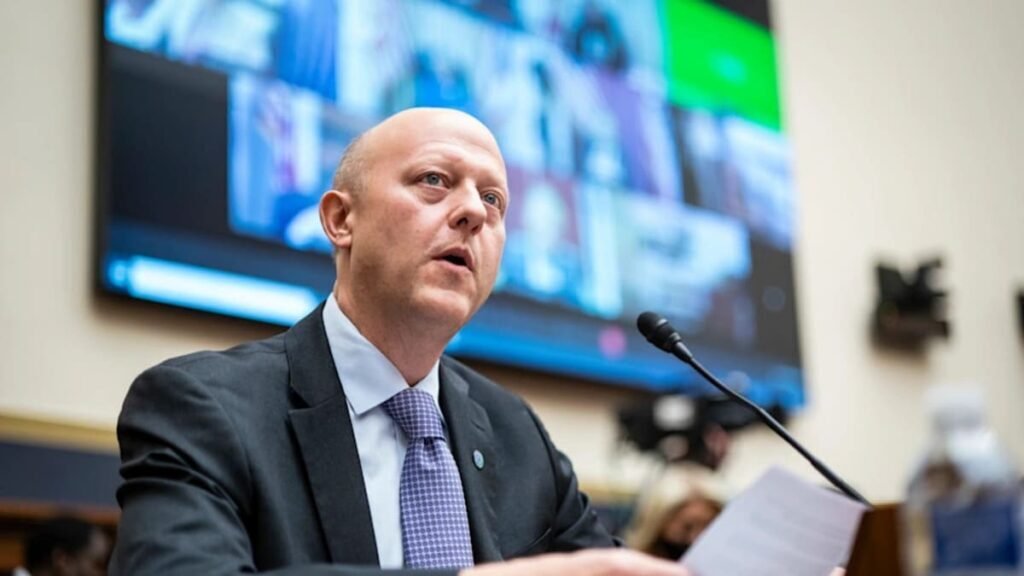Salvadoran President Nayib Bukele Cleared for Indefinite Re-election Amid Controversial Constitutional Overhaul

El Salvador’s legislature has taken a landmark and contentious step, passing comprehensive constitutional reforms that allow President Nayib Bukele to seek indefinite re-election. The move, approved by a 57–3 vote with strong backing from Bukele’s New Ideas party, also extends the presidential term from five to six years and eliminates runoff voting a significant transformation in the country’s political framework.
Unlimited Presidential Terms and Extended Tenure: What’s Changing?
The newly approved amendments grant the right for sitting presidents to run for office without any term limits, potentially cementing Bukele’s hold on power for the foreseeable future. The legislative reforms not only lengthen the presidential term to six years but also end the practice of holding runoff presidential elections, which have historically acted as checks to concentrated executive authority.
- Term Extension: From 5 to 6 years
- Removal of Term Limits: Indefinite re-election now possible
- Elimination of Runoff Voting: Streamlined electoral process
New Ideas lawmaker Ana Figueroa also proposed ending Bukele’s current term two years earlier to synchronize presidential and congressional elections, which could result in his next term commencing on June 1, 2027. She defended the changes, suggesting that removing costly runoff elections (estimated at $50 million per event) would enable the state to reallocate resources toward essential services like hospitals and schools.
Rising Concerns Over Democracy and Authoritarianism
Critics warn that these constitutional amendments signal a dangerous shift toward authoritarian rule, undermining El Salvador’s democracy. Nationalist Republican Alliance lawmaker Marcela Villatoro, one of just three opposing votes, described the overhaul as “the death of democracy in El Salvador.” She raised alarms about the risks of unchecked power, increased corruption, nepotism, and the erosion of political participation.
Supporters in the New Ideas party, however, maintain the changes return power “to the Salvadoran people,” contending that electoral modernization aligns with the nation’s interests. Yet, international watchdogs and human rights organizations have voiced alarm over recent incidents, including the jailing of government critics and legal reprisals against human rights advocates.
Bukele’s Popularity Remains Strong Despite International Scrutiny
Despite mounting international criticism and warnings of democratic backsliding, President Bukele’s domestic approval remains robust. A recent survey by the University of El Salvador’s Public Opinion Lab showed over 78% approval for Bukele during the first year of his second term, while a separate Iudop-UCA poll rated his sixth year in office at 8.15 out of 10, underscoring the president’s enduring popularity.
Economic Policy and Bitcoin Strategy Under the Spotlight
El Salvador’s bold economic policies, particularly around Bitcoin, have further divided global opinion. The latest report from the International Monetary Fund (IMF) asserted that El Salvador has not purchased additional Bitcoin since agreeing to a $1.4 billion loan in December 2024 contradicting claims from the nation’s Bitcoin Office, which reports ongoing daily accumulation.
Officially, El Salvador holds 6,255.18 BTC, with 31 new coins added in the last 30 days. The country recently signed an agreement with Bolivia’s largest bank to strengthen Bolivia’s crypto infrastructure, reflecting Bukele’s continued commitment to integrating digital assets into national policy.
Key Takeaways
- Unlimited Re-election: Bukele can run for president indefinitely, with longer six-year terms and no runoffs.
- Opposition Outcry: Critics cite threats to democracy, increased risk of authoritarianism, and weakened checks and balances.
- Bukele’s Enduring Popularity: Surveys show substantial domestic support, despite global criticism and rising concerns over human rights.
- Bitcoin & Economic Policy: IMF casts doubt on new purchases, but official data shows ongoing accumulation and strategic international blockchain partnerships.
As El Salvador embarks on a new era with sweeping constitutional reforms, the international community watches closely balancing the president’s popular mandate with growing fears for the future of democratic governance and institutional checks in the country.





